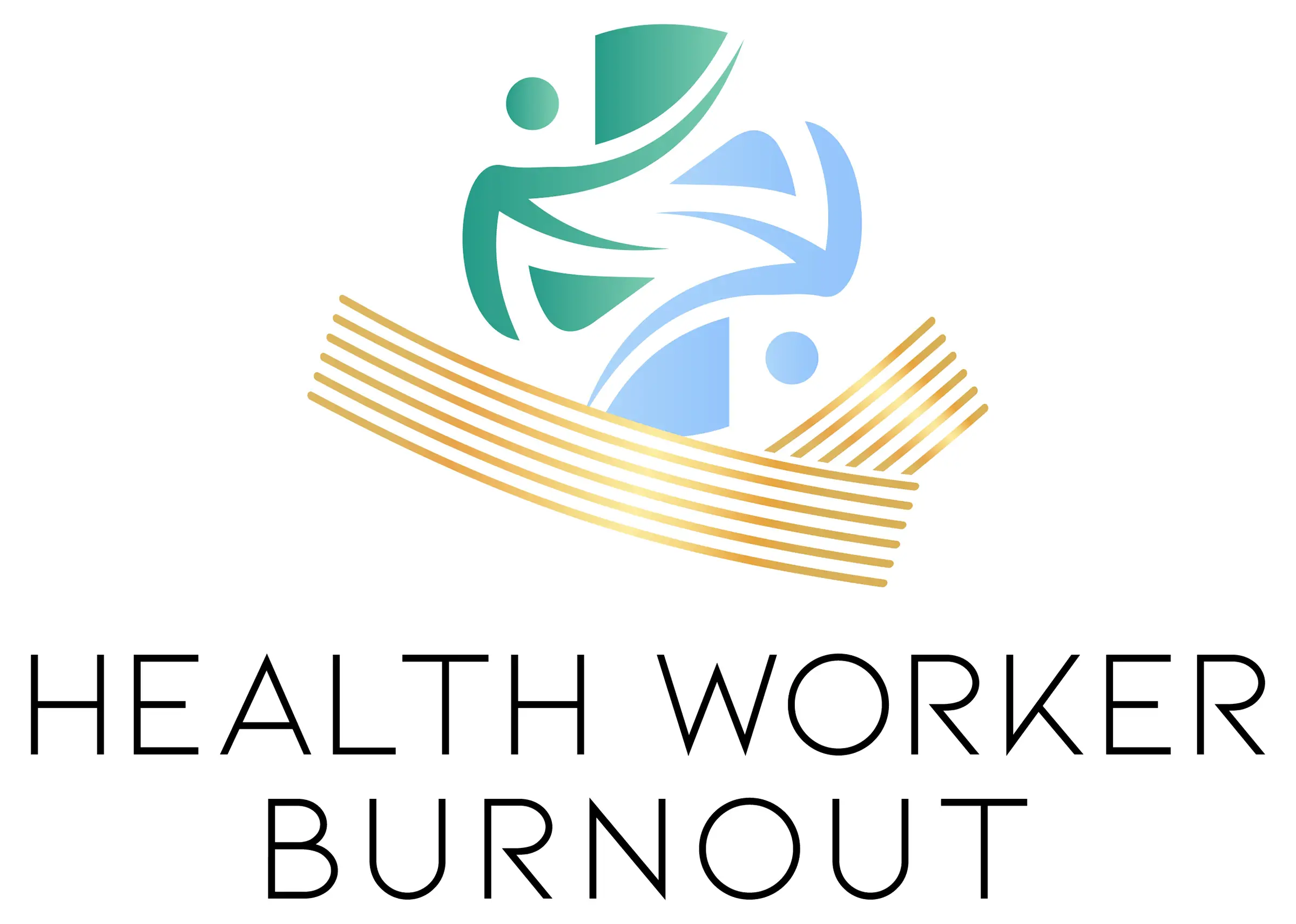In a field that revolves around keeping people safe and alive, there are a lot of things to worry about in the healthcare industry. On top of doing their jobs correctly, healthcare workers must also worry about bullying in the workplace. Because of the high-stress environment, burnout is incredibly common. But, can bullying cause burnout?
The healthcare field has one of the highest percentages of bullying in any career field. There are several different types of bullying within the workplace, all of which can lead to negative outcomes, including lowered self-confidence, increased stress, burnout, and in some cases, suicide.
Bullying is an often-overlooked problem in the healthcare industry and is a contributor to burnout. Read on to learn who is more susceptible to bullying, how to prevent it, and why it’s important for the healthcare industry to take bullying seriously.
The Relationship Between Bullying and Burnout
A study by Yujeong Kim, Eunmi Lee, and Haeyoung Lee was conducted to find a relation between bullying and burnout in the healthcare industry.
While the effects of bullying varied depending on the position, age, and employment type, there was a definite correlation between bullying and burnout.
Workplace bullying also had a positive correlation with the following aspects of burnout:
- Exhaustion
- Detachment.
- Lack of compassion
- Desire to leave the job
- Fatigue
But, some key parts of burnout did not have a direct correlation to bullying. For instance, a major part of burnout includes a perceived lack of personal achievement. In other words, a worker feels that their work accomplishments are meaningless and small. There was no direct correlation between a lack of perceived personal achievement and bullying.
So, while bullying may play a large part in burning-out healthcare workers, burnout is more likely due to a combination of different factors, which may include bullying.
What is Burnout?
Burnout is a deep state of stress that may have multiple causes and multiple effects. According to a study by Alexander Muacevic and John R. Adler, burnout can be described as a combination of feelings which include:
- Feeling disillusioned with your career choices
- Perceiving yourself as bad at your job
- Detachment
- Not feeling in control
- Exhaustion
- Irritation
- Lack of job satisfaction
The healthcare industry is notorious for burning out its workers – and has double the number of burnout cases compared to other fields.
According to the Muacevic and Adler study, half of all physicians and one-third of nurses experience symptoms of burnout.
What Are the Effects of Burnout?
The effects of burnout are wide-reaching and can affect every part of your body, ranging from physical, to emotional, to behavioural.
Physically, you might feel drained all of the time. You might find yourself getting sick more often due to a weakened immune system. Headaches and muscle pains are common, along with a lack of appetite, change of sleeping habits, and over-eating.
Emotional Signs of Burnout
You may lose all motivation to do your job. Other signs include feelings of:
- Self-Doubt
- Cynicism
- Helplessness
- Dread
- Loneliness
- Frustration
- Malaise
- Inefficacy
It’s worth noting that while burnout is not an officially recognised disorder, it shares a lot of symptoms with other depressive disorders. For a deeper look into the definition of burnout in healthcare professionals, see here.
Behavioral Symptoms of Burnout
There are also behaviors you may exhibit that reveal burnout. These include:
- withdrawn from people and responsibilities
- Procrastinating on projects and assignments
- Tardiness or absence from work
These are just a few of the behavioral symptoms of burnout, and they are the physical manifestation of the emotional symptoms listed above.
Why Burnout and Bullying Spell Trouble for Healthcare
On top of negatively affecting individual healthcare workers, bullying-related burnout may spell trouble for the healthcare industry as a whole. The quality of patient care is shown to suffer severely at the hands of burnt-out healthcare workers.
Studies like this one reveal a positive correlation between burnt-out surgeons and surgical errors. When it comes to nurses, a higher burnout rate is associated with both a higher patient mortality rate and a higher patient infection rate.
Not only is bullying related burnout serious for workers, but it’s also potentially dangerous to patients. In fact, one study reported in the American Journal of Nursing found that 94% of nurses felt that bullying has negatively impacted their patient outcomes and another 54% saw an effect on the safety of patients.
It is clear that if bullying is this prevalent in the workplace, this can lead to the negative feelings and behaviours associated with workplace burnout.
Who Is Susceptible to Bullying-Related Burnout?
Effects vary depending on experience, position, and employment type. Interestingly, gender does not seem to play a factor in this issue.
Healthcare workers who are most susceptible to bullying-related burnout are:
- Healthcare workers with less than five years of experience
- Staff nurses
- Rotational shiftwork workers
- Workers who are dissatisfied with their work
Healthcare workers who have over ten years of experience, who have full-time employment, who are satisfied with their work, and/or are charge nurses seem to be less susceptible to burnout due to bullying.
Why Are Some Healthcare Workers More Susceptible to Bullying and Burnout?
More experienced healthcare workers will often pick on the less experienced healthcare workers.
Susceptible healthcare workers experience higher rates of bullying-related burnout because they are bullied more than non-susceptible healthcare workers.
More experienced healthcare workers generally will not be intimidated by inexperienced workers because they feel more confident in themselves and their jobs. They also hold a higher position of power than the newer workers.
Another disadvantage the susceptible workers have going against them is a more stressful work environment.
Unexperienced workers have the stress of trying to gain experience and prove themselves. Rotational workers have the stress of not working full time. And dissatisfied workers have the stress of not being fulfilled with their work.
All these stressors compound on susceptible workers, making burnout more likely.
Preventing Bullying Related Burnout.
The worst part about bullying-related burnout is how often it is ignored. It’s a potentially harmful problem that is often swept under the rug by healthcare managers.
According to Kim, Lee, and Lee study, a common response to complaints of workplace bullying include “doing nothing.”
What happens to many complaints of workplace bullying, according to the study:
- Ignored
- Brushed off as silly
- Victim considered too sensitive
- Aggressors moved to other departments where they repeat the bullying
In arguably the most important industry in the entire world, the lack of concern for worker and patient well-being is staggering. Here are some ways to help turn that around.
Seek Out Support from Colleagues
Mayo Clinic suggests fighting job burnout by looking for support from co-workers. Working against the problem collaboratively, can help show leadership what is happening.
Get Leadership Involved
Having people in charge who cultivate a safe and comfortable work environment will help reduce burnout rates. Having people who take charge and properly address workplace bullying will help drastically curb burnout.
Advocate for Workplace Training
Steps leadership can take to prevent bullying in the workplace include implementing training sessions, creating specific rules against bullying, and listening to staff members when they complain about workplace bullies. If this doesn’t exist at your workplace, you can push for it.
Conclusion
There is a proven correlation between workplace bullying and workplace burnout. The more bullying is allowed to continue unchecked; the more burnout will be on the rise. Many studies show that when healthcare workers are brave enough to step forward, management often does not take proper action on bullying complaints in the workplace.
This negativity not only affects the workers but the industry as a whole and, ultimately, patients. Healthcare workers can band together, talk to leadership, and advocate for workplace training to help combat and prevent bullying in their workplace. Such steps are in the right direction for lowering healthcare worker burnout.
Content Disclaimer
The information contained above is provided for information purposes only. The contents of this article are not intended to amount to advice and you should not rely on any of the contents of this article. Professional advice should be obtained before taking or refraining from taking any action as a result of the contents of this article. HealthWorkerBurnout.com disclaims all liability and responsibility arising from any reliance placed on any of the contents of this article.
Copyright Notice
These works are protected by copyright laws and treaties around the world. We grant to you a worldwide, non-exclusive, royalty-free, revocable licence to view these works, to copy and store these works and to print pages of these works for your own personal and non-commercial use. You may not reproduce in any format any part of the works without our prior written consent.
Copyright © 2022 HealthWorkerBurnout.com
Sources:
https://journals.plos.org/plosone/article?id=10.1371/journal.pone.0226506
https://pdfs.semanticscholar.org/9ad9/0a00634a6eb03383a35a1960e9b9067390a4.pdf
https://www.ncbi.nlm.nih.gov/pmc/articles/PMC6367114/
https://www.healthcarebusinesstech.com/hospital-workplace-bullying/
https://www.jems.com/ems-insider/bullying-in-the-healthcare-industry/
https://journals.lww.com/ajnonline/Fulltext/2015/12000/Workplace_Safety.7.aspx
https://www.mayoclinic.org/healthy-lifestyle/adult-health/in-depth/burnout/art-2004664


2 comments